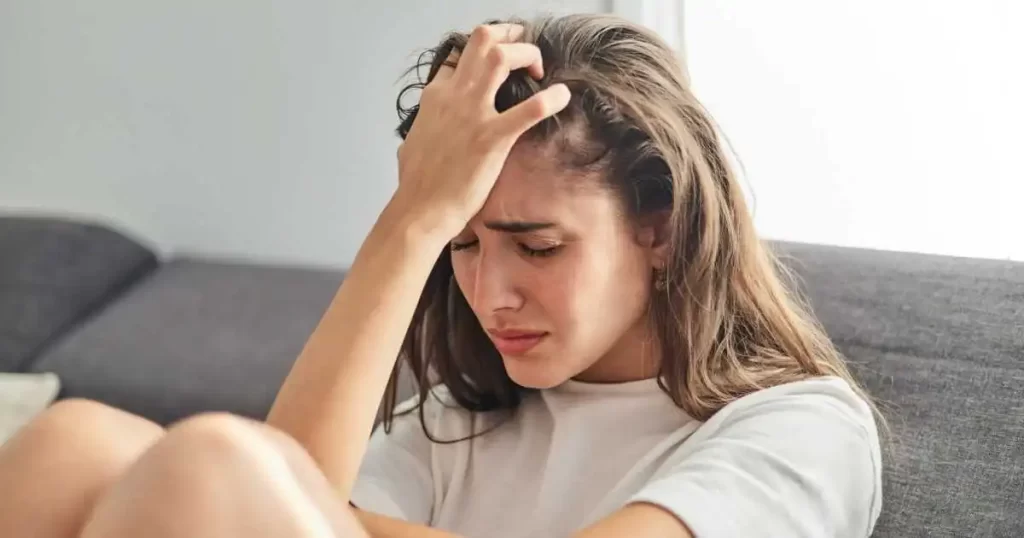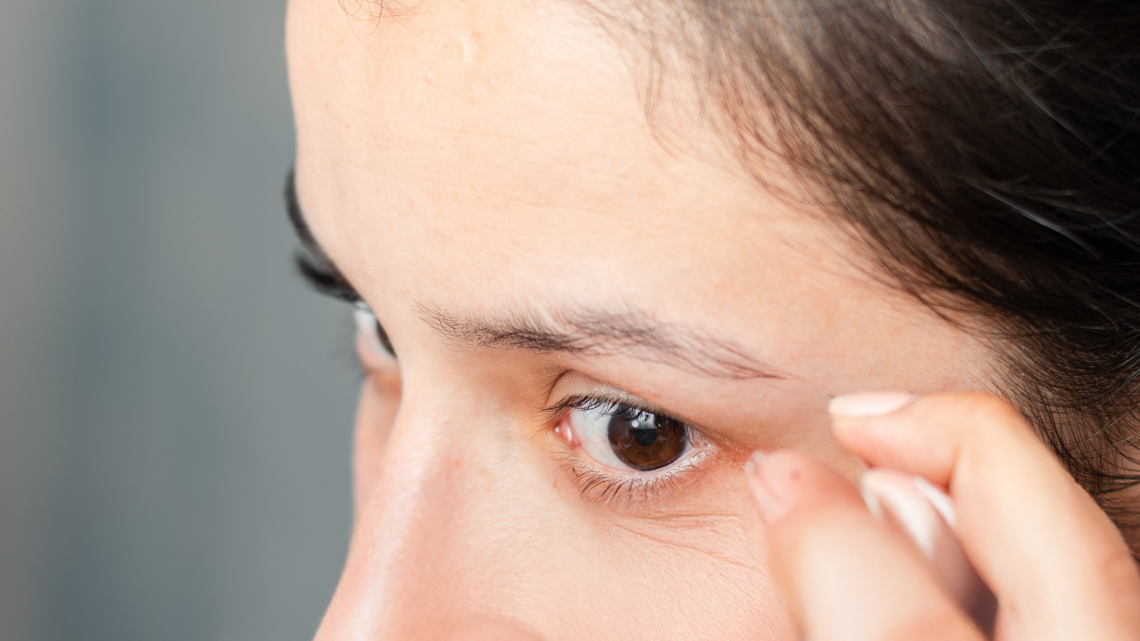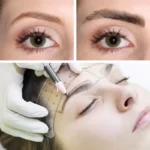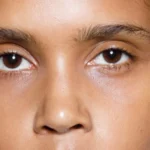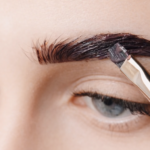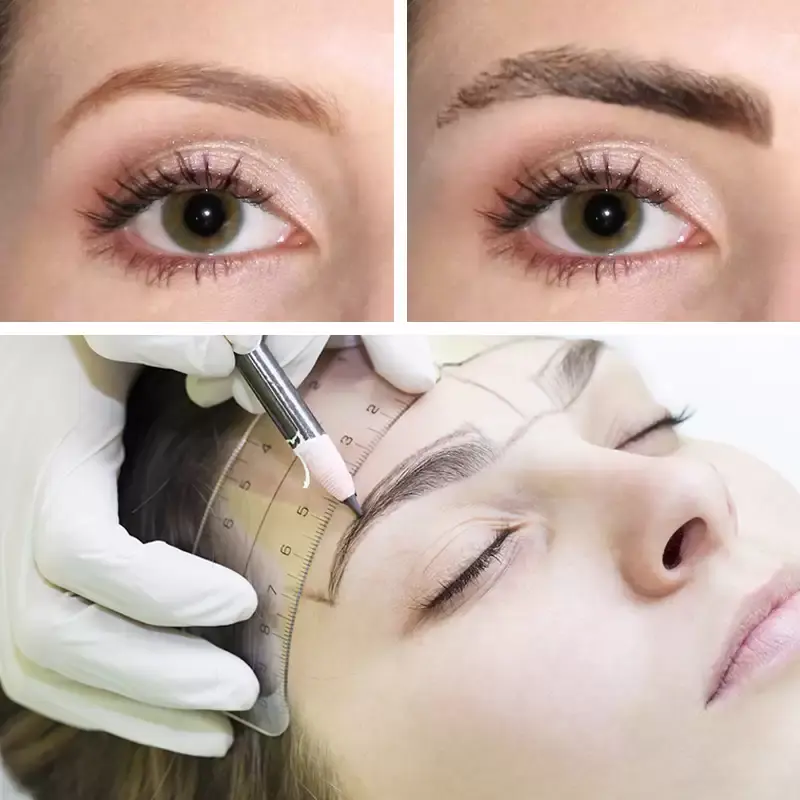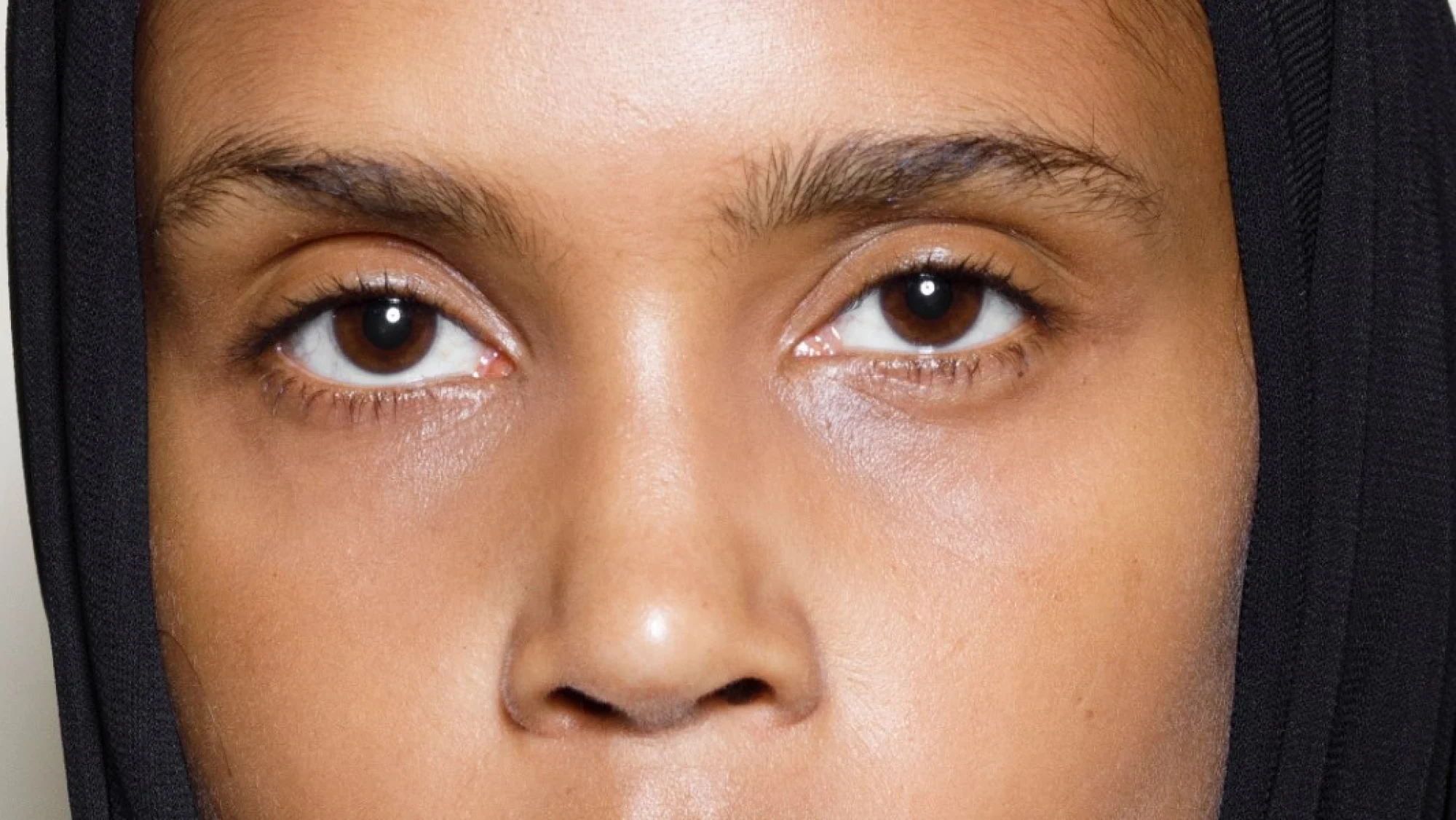Table of Contents
ToggleAt Kopelman Hair, we often hear the question: can depression make you lose your hair? The connection between mental health and hair loss is real. Our clinic treats hair loss caused by both physical and emotional triggers, offering personalized care. For more on our comprehensive solutions, see our hair loss treatments.
Key Takeaways
- Depression and anxiety can disrupt the hair growth cycle, leading to conditions like telogen effluvium and trichotillomania.
- Hair loss linked to depression is often reversible if treated early with emotional support, scalp care, and medical therapies such as PRP therapy.
- Women may experience overall thinning due to hormonal factors and delayed treatment, especially in cases of depression and hair loss.
- Stress, inflammation, poor nutrition, and certain antidepressants can all contribute to hair thinning, especially during periods of emotional distress.
- Dr. Kopelman emphasizes a combined treatment approach that addresses both mental health and hair restoration for long-term recovery, often beginning with a personal consultation.
Can Depression and Anxiety Trigger Hair Loss?
Yes. Depression and anxiety can push hair into the shedding phase. Stress hormones rise, affecting the scalp and follicles.
Self-neglect, poor diet, and lack of sleep lower the nutrients needed for hair health. Emotional distress is a major contributor to these patterns.
These emotional and biological changes make hair more vulnerable. This includes both hair thinning and breakage. Many patients who experience hair loss from depression also report psychological effects of hair loss, such as lowered self-esteem.
The relationship between depression and hair loss is complex, especially when symptoms of depression go unnoticed for long periods. People with anxiety and depression are at higher risk of developing hair-related issues due to the ongoing stress response.
If you’re in New York and experiencing these challenges, consider anxiety therapy in NYC with Anat Joseph at My Psychotherapy for expert support.
The Science Behind Depression-Related Hair Loss
Telogen effluvium is common in depression. It forces more hair into the resting phase. Cortisol shortens the growth cycle. Chronic stress can also cause inflammation, weakening hair follicles.
Depression may disrupt hormones and nutrients. This increases the risk of thinning hair and shedding. It also raises questions like: can depression cause hair thinning and can depression lead to hair loss—the answer is yes.
Hair loss typically begins 6–12 weeks after emotional trauma and may take 3–6 months to reverse with appropriate care.
Sources:
- NIH: The Role of Stress in Hair Loss
- Dermatologic Therapy: Stress and Hair
- American Academy of Dermatology: Hair Loss
The Role of Inflammation in Stress-Related Hair Loss
Chronic stress and depression increase inflammatory markers in the body. These include cytokines like IL-6 and TNF-alpha, which may disrupt normal follicle function.
Inflammation impairs nutrient delivery to follicles and accelerates their shift from the growth phase to the resting phase. This process contributes to both hair thinning and sudden shedding in patients with emotional distress.
Managing inflammation through a balanced diet, exercise, and adequate sleep can support long-term scalp health.
How Depression Affects Hair Health
Depression affects hair directly and indirectly. High cortisol levels suppress follicle activity. Poor diet causes vitamin deficiencies. These include B vitamins, iron, and zinc—all vital for strong hair.
Lack of sleep delays cell repair. This leads to a decline in hair density. These changes often come as a side effect of living with a mental health condition.
Common symptoms of depression linked to hair loss include:
- Chronic fatigue
- Appetite or sleep changes
- Loss of interest in grooming
- Sudden or excessive hair shedding
If you’re noticing changes, ask yourself:
- Am I under prolonged emotional stress?
- Have I noticed more hair shedding?
- Have I changed my eating or sleep habits?
- Am I showing other symptoms of depression?
Can Medications for Depression Cause Hair Loss?
Some antidepressants list hair loss as a rare side effect. This includes medications in the SSRI, SNRI, and tricyclic classes. While not common, some patients report increased shedding within weeks of starting treatment.
If you experience hair loss shortly after beginning a new antidepressant, speak with your prescribing doctor. Switching medications or adjusting the dosage can often resolve the issue. Never stop treatment without professional guidance.
In most cases, the benefits of treating symptoms of depression outweigh the temporary impact on hair.
Diagnosing Hair Loss from Depression
At Kopelman Hair, diagnosis includes a scalp exam, patient history, and possibly a pull test.
We may order blood tests to check for deficiencies or thyroid issues. These checks help evaluate how depression-related factors impact hair follicles and overall scalp health.
This ensures we create a personalized, effective treatment plan. If you’re noticing signs of stress-related shedding, it’s a good time to schedule an appointment and take the first step toward recovery.
Types of Hair Loss Linked to Depression
Table: Hair Loss Types and Causes
- Telogen Effluvium: Triggered by stress. Causes diffuse shedding.
- Trichotillomania: Hair-pulling due to emotional stress.
- Alopecia Areata: Immune system attacks follicles. Triggered by stress.
- Androgenetic Alopecia: Pattern hair loss worsened by chronic stress.
Telogen effluvium affects up to 50% of people after major stress. Many patients experiencing hair thinning depression notice the change several weeks after the emotional event.
Depression-Related Hair Loss in Women
Can depression cause hair loss in women? Yes. Hormonal changes and social pressures can worsen shedding. Women often see overall thinning rather than patches. Many delay treatment, mistaking it for age or styling damage.
Dr. Kopelman uses a holistic approach that addresses scalp, hormones, and emotional health, and may recommend options like a hair transplant.
How Hair Loss Can Worsen Mental Health
Hair loss doesn’t just affect appearance—it can deepen existing emotional struggles. Studies show a strong link between psychological effects of hair loss and self-esteem, anxiety, and social withdrawal.
Many individuals report increased isolation and reduced quality of life after hair shedding begins. This creates a cycle: stress causes hair loss, and hair loss increases stress.
At Kopelman Hair, we consider both the physical and emotional aspects of treatment to break this loop and restore confidence.
When to Seek Help
Seek help if:
- Hair loss lasts more than a few weeks
- You see clumps while brushing
- You experience low mood, energy, or compulsive pulling
Our clinic works with therapists if needed. Early care prevents long-term effects.
A recent patient saw regrowth in four months after treating both anxiety and depression. Her case confirms how emotional distress and its physical symptoms can be reversed.
Can You Reverse and Treat Hair Loss from Depression?
Will Hair Grow Back After Depression?
Yes—often within 3 to 6 months. But early treatment is key.
Delaying treatment may lead to longer-term thinning.
Treatment Options
Managing depression comes first. This may include therapy, medication, or lifestyle changes. Antidepressants may rarely cause hair thinning. Inform your doctor if this occurs.
At Kopelman Hair, treatment may include:
- Minoxidil
- PRP therapy
- Nutritional support
- Custom scalp care
Cognitive behavioral therapy (CBT) is also recommended. It reduces the psychological effects of hair loss and builds coping skills.
Joining a support group can also help. Sharing experiences with others dealing with depression and hair loss provides emotional relief and practical advice. To learn more about treatment strategies, visit our hair restoration blog.
Preventing Recurrence
To prevent recurrence:
- Prioritize therapy and self-care
- Eat a balanced diet
- Manage stress with exercise or meditation
- Attend follow-ups with doctors
These habits support lasting recovery.
What to Avoid
Avoid:
- Chemical treatments and tight hairstyles
- Skipping meals or restrictive diets
- Ignoring mental health conditions
Gentle care and emotional support are key to recovery.
How to Support a Loved One Facing Depression-Related Hair Loss
If someone you care about is experiencing both emotional distress and physical changes, support makes a big difference.
Here are ways to help:
- Offer to listen without judgment.
- Encourage medical consultation if hair loss continues.
- Help them explore treatment options like therapy or scalp care.
- Suggest joining a support group to connect with others in similar situations.
Small gestures—like reassurance or helping research clinics like Kopelman Hair—can reduce anxiety and empower recovery.
Support Resources
For emotional support:
- Mental Health America
- NAMI
These can help you manage both your mental health and hair recovery. If you ever ask yourself, does depression make your hair fall out?—remember, you’re not alone, and help is available.


